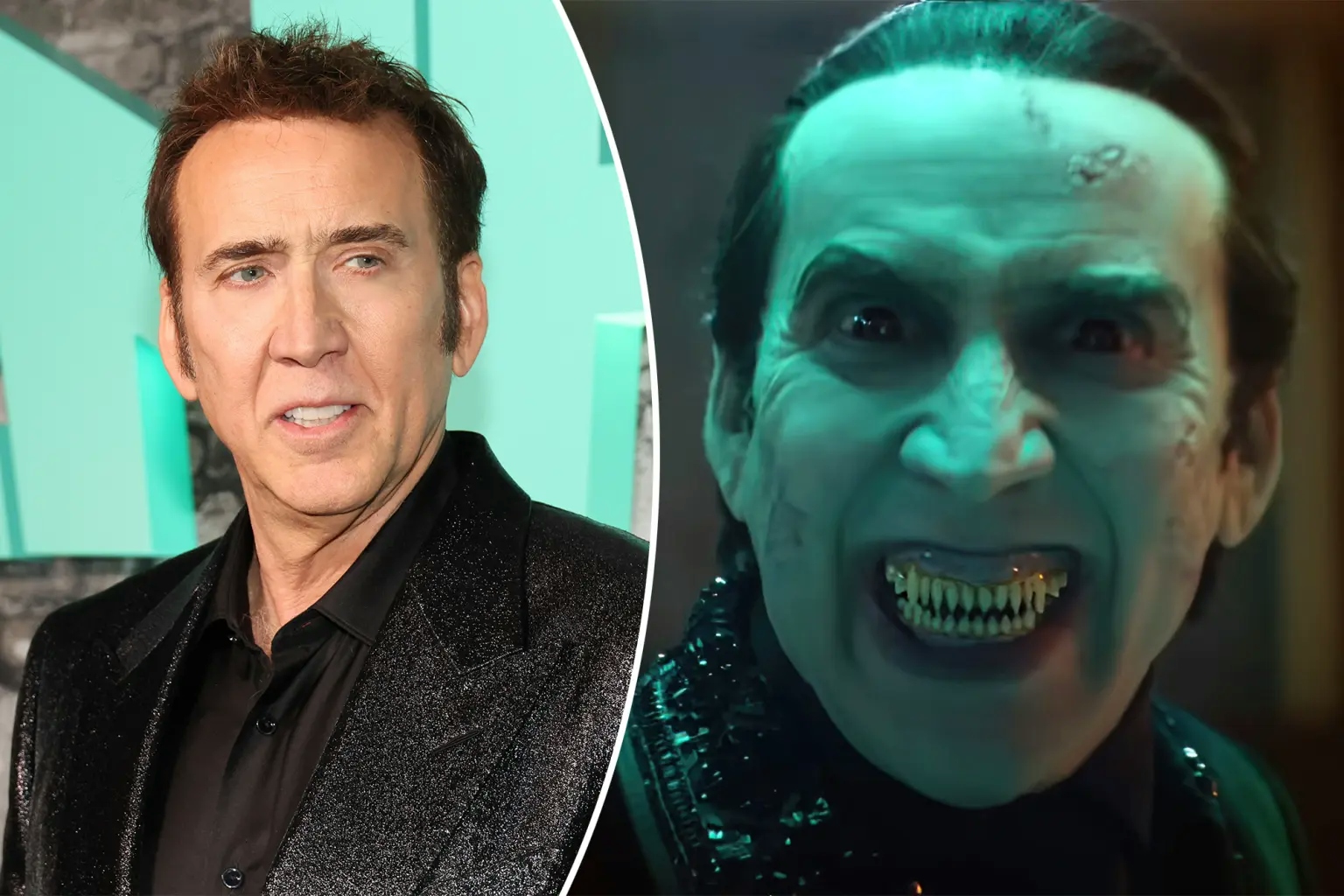
As the Nigel Farage affair rolls on, with resignations and regulations flowing fast, I was struck by one comment in The Financial Times, where a financial analyst said that these changes could prove challenging. “How does it work if a bank is being told ‘we’ll rip your arms if you process money for the wrong people’, but also being told ‘there are going to limits on what you can do in terms of de-banking’?”
This is a conundrum. How do you ensure bad actors are out of the system when the regulator is telling you that you cannot get rid of them?
The real issue is: what is a bad actor?
Someone money laundering, doing insider trading, bucking the system, acting against the general good? If that is the case, there are many bad actors out there.
For example, take the billionaire owner of Tottenham Hotspur, Joe Lewis who, at the last count, was worth over $5 billion. Accused of insider trading by the New York district attorney Damian Williams, the lawyer stated that they are indicting “Joe Lewis, the British billionaire, for orchestrating a brazen insider trading scheme.
“We allege that for years Joe Lewis abused access to corporate board rooms and repeatedly provided inside information to his romantic partners, his personal assistants, his pilots and his friends. Those folks then traded on that inside information and made millions of dollars on the stock market. Thanks to Lewis those bets were a sure thing. None of this was necessary.
“Joe Lewis is a wealthy man, but as we allege he used insider information to compensate his employees, or to shower gifts on his friends and lovers. That's classic corporate corruption. It's cheating and it's against the law.”
These two cases came to light this week and made me reflect upon the whole anti-terrorism (FATF), anti-money laundering (AML), know your client (KYC) and related rules. The rules are a farce.
Billionaires around the world buy houses or make investments with checks and balances that are not fit for purpose. In many casese, these are nested investments, where individuals and companies are a front for other individuals and companies who are a front for other individuals and companies ... everyone, everywhere is enjoying good times if they know how to buck the system, which most of the general populous do not.
This sounds like a rage against the machine, but it is clear that the subjugation of the majority for the enjoyment of the minority is how the machine works. It is my old thing about Hunger Games, In Time, Metropolis and more.
Why is this important?
Mainly because, as an instrument of government and governance, banks are meant to be the financial police officers of the system. The bank, with all of its compliance and regulatory rules as dictated by governments, is meant to ensure that the rich cannot buck the system. Yet the very point is that, because they are rich, they can obviously buck the system of course.
The more wealth, the more influence, the more you can buy politicians, the more you can pay off enemies and opponents, and so on and so on. This is why the bank sits in a place between the devil and the deep blue sea. The devils may be the billionaires and millionaires who they bank; the deep blue sea is the fines and reprimand they receive when they get it wrong. As stated:
“How does it work if a bank is being told ‘we’ll rip your arms if you process money for the wrong people’, but also being told ‘there are going to limits on what you can do in terms of de-banking’?”
In simpler terms: why wouldn’t you bank those you shouldn’t bank, when those people are the most powerful people in your world?
Meanwhile, bringing it back to offboarding cusotmers, the government seems to be convinced that this can be achieved with a 90-day warning period. That's also interesting as you find out you will be debanked three months before it happens. That's plenty of time to build a new identity or open an account in another constituency, if you haven't already.
Something seems out-of-whack.
Postscript:
When I wrote How should banks identify bad actors? as the headline for this blog entry, I don't know why but Nicolas Cage burned into my skull.
Chris M Skinner
Chris Skinner is best known as an independent commentator on the financial markets through his blog, TheFinanser.com, as author of the bestselling book Digital Bank, and Chair of the European networking forum the Financial Services Club. He has been voted one of the most influential people in banking by The Financial Brand (as well as one of the best blogs), a FinTech Titan (Next Bank), one of the Fintech Leaders you need to follow (City AM, Deluxe and Jax Finance), as well as one of the Top 40 most influential people in financial technology by the Wall Street Journal's Financial News. To learn more click here...






















